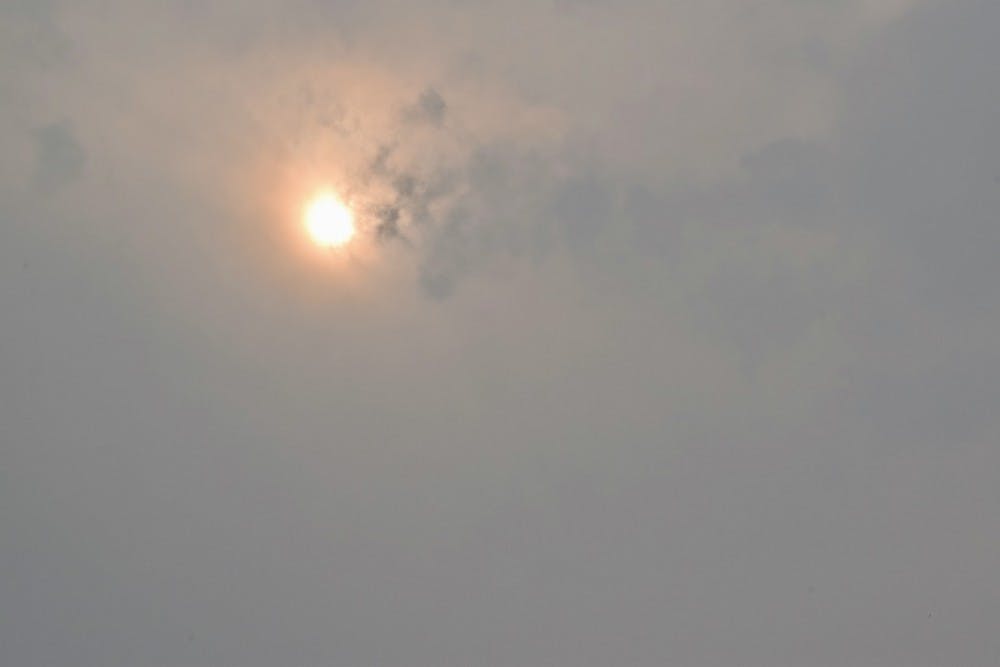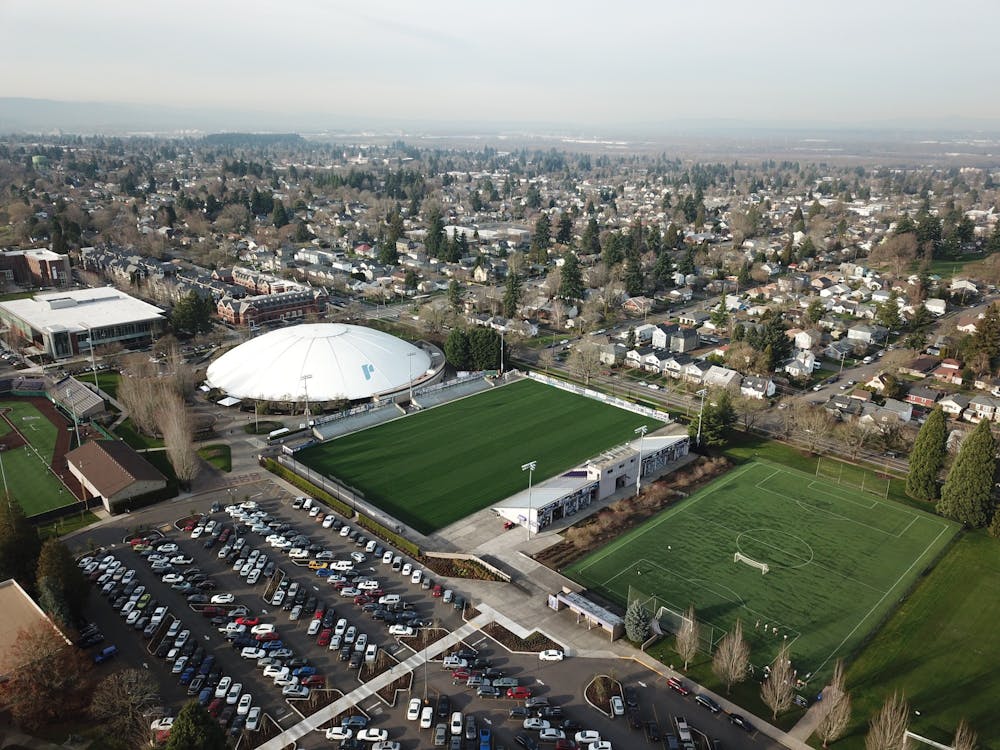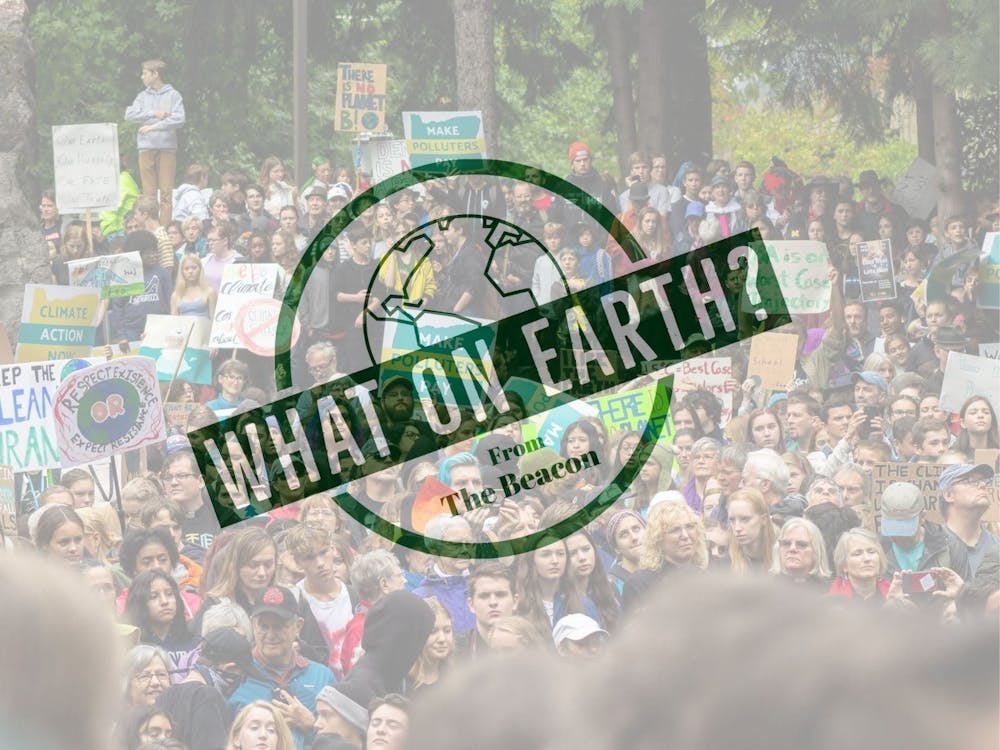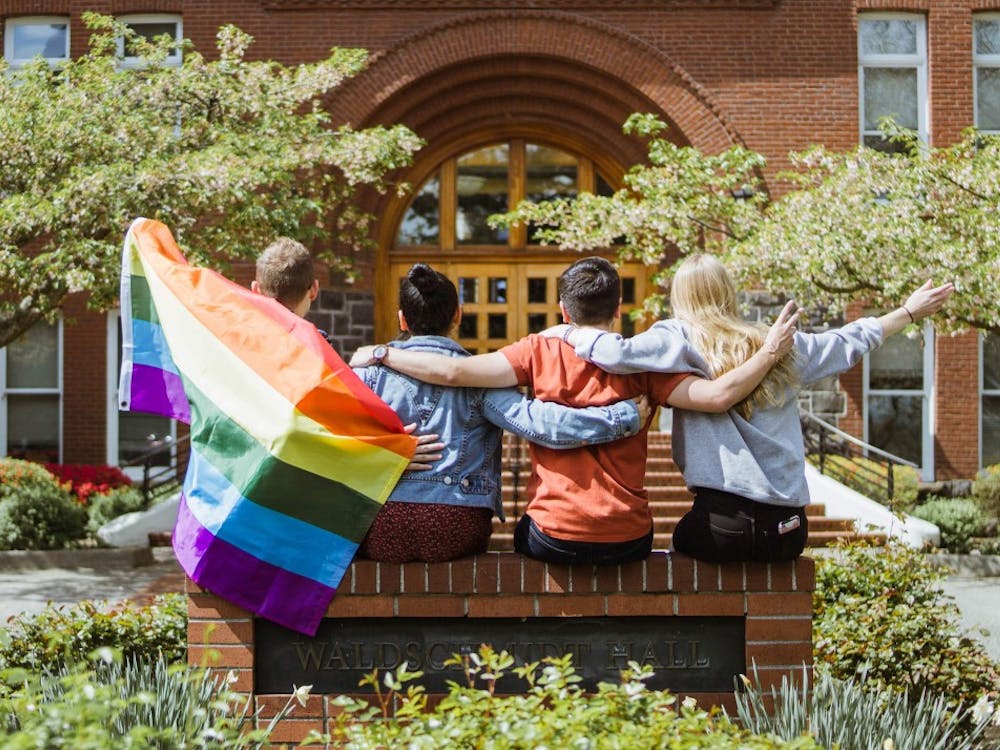Did you notice it when the hiking trails went up in flames? When Houston was underwater? Did you see it in the sky, etched in smoke, raining ash into the eyes of backpack-wearing college students on their way to class?
Did you forget about it as soon as you washed your car?
It wasn’t enough to watch glaciers slowly retreating into the ocean, or to watch temperatures rise and fall, breaking records faster than Usain Bolt, than Woody Kincaid. It wasn’t enough to watch New Orleans rebuild itself after Hurricane Katrina. No, the earth had to grab our attention. Our little warnings grew larger and larger. They fell from the sky. They busted through the ocean and flooded our cities, left our families without homes, affected small islands and developing countries that have smaller carbon footprints than half of Alabama.
Some of us talk about the foreboding “apocalypse”, as if this is sudden, unexpected. Take a walk into Environmental Science professor Ted Eckmann’s office, or Steve Kolmes’s. They’ll tell you it’s not.
This tumultuous season of disaster prompts a question The Beacon has to ask of ourselves, of our fellow students, of our faculty and our administration:
If you weren’t paying attention before, are you listening now?
Global temperatures are changing at an alarming rate, and while the recent effects may feel closer to home, those who died in the flames and floods were not the first casualties of climate change.
And they certainly won’t be the last.
With a presidential administration that is, simply put, “anti-science,” the responsibility falls on individuals and institutions like the University of Portland to be the change that our world needs.
Looking at the talent and passion on this campus for environmental activism, there’s no better place to start changing the world than on The Bluff.
Our professors and students do more than sit in classrooms. They fight for better air quality in our local neighborhood. They work on pastoral letters solidifying the Catholic Church’s stance on protecting the Columbia River watershed. They initiate composting systems and start eco-friendly businesses.
But this can’t be accomplished by a niche of our campus. We’re past the point of relying on the environmental groups to save us from destruction. It’s on all of us.
University President Fr. Mark Poorman sent us in the right direction when he pledged to join nearly 200 other universities and colleges in signing the “We’re Still In” statement on the Paris Climate Agreement, a set of guidelines to help countries around the world limit their greenhouse-gas emissions.
But we can’t send emails, write articles, sign petitions, even call into our senators, then sit back and think that we’ve done our part. We’re not done, and we won’t be done.
It’s time for personal responsibility, now more than ever. If the smoke-filled skies weren’t an indication of the severity of our actions, we’re not sure what is.
It’s time for the administration to practice what it preaches. Stop watering the sidewalks and pedestrians. Stop leaving it to student sustainability coordinators to facilitate mass composting in the dorms.
And it’s time for all of us as individuals to step up our game. Do your showers need to be that long? Do you avoid composting because it’s “smelly?”
Your excuses are dry amid a world that is dying. If you weren’t paying attention before, now is the time.









